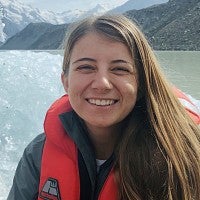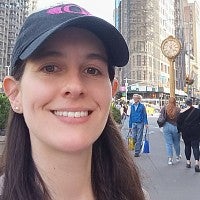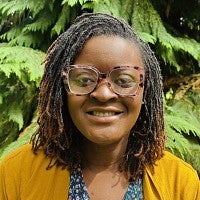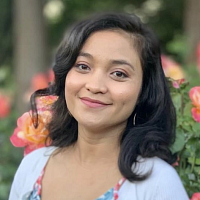Five doctoral students from the University of Oregon have been selected for the Oregon SYLFF Fellowship program. The awardees were selected from a highly-competitive pool of candidates from UO, Oregon State University and Portland State University. The three institutions are joint beneficiaries of the Ryoichi Sasakawa Young Leaders Fellowship Fund (SYLFF).
The SYLFF program aims to identify and nurture leaders who will overcome differences in nationality, language, ethnicity, religion, and political systems to tackle global issues, and who have the integrity, determination, and expertise to bring about positive social change in global society and their local community.

Dara Craig

María Camila Coronado

Ivy Fofie

Merly Klaas

Sofia Vicente-Vidal
